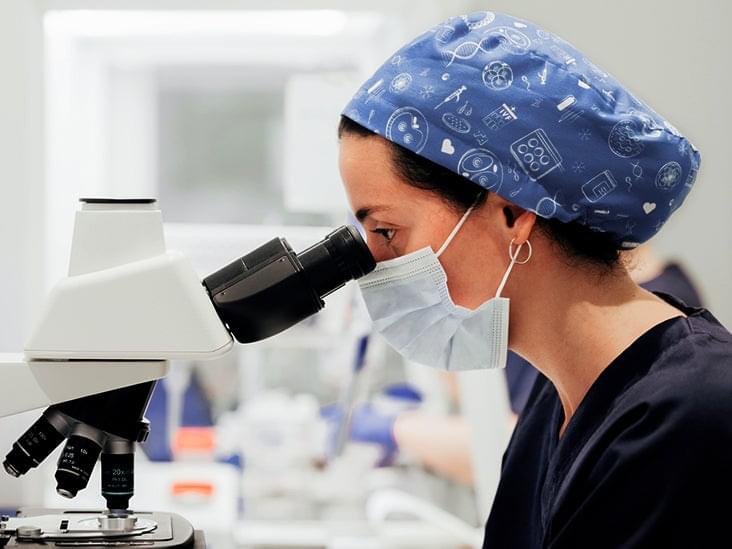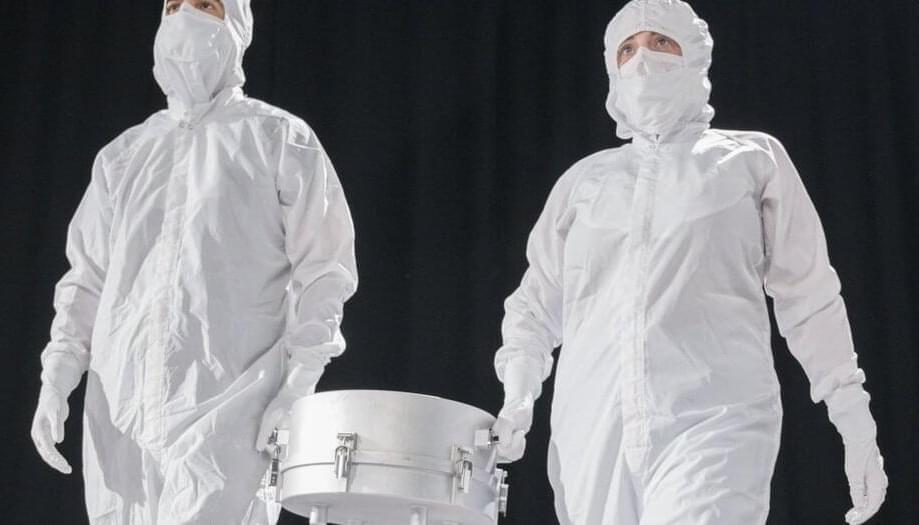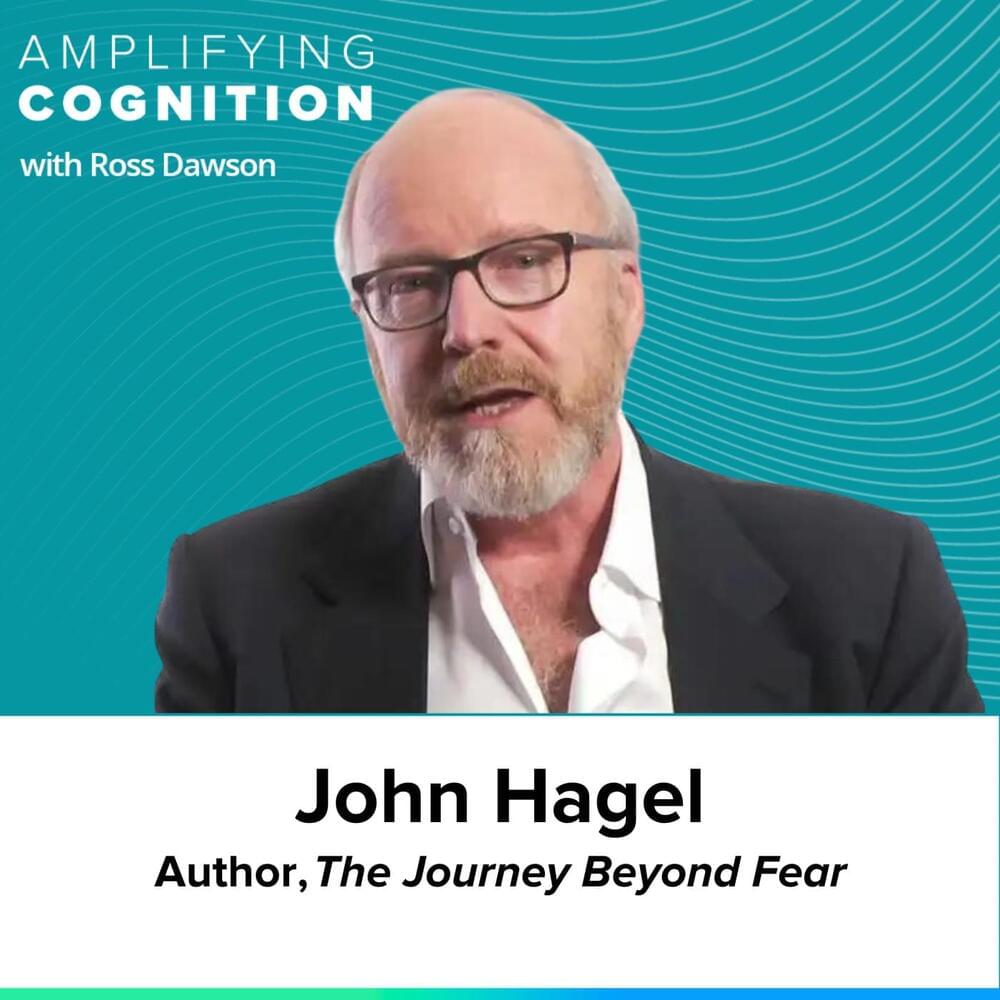Driving Forces Behind the Growth in UAE’s Life Sciences Industry: the latest from the Life Sciences Division of Deep Knowledge Group created by Deep Knowledge Group, Aging Analytics Agency, Deep Pharma Intelligence, NeuroTech.com, FemTech Analytics, and Deep Knowledge Analytics:
Population Aging: With the world’s population getting older, the demand for medical services is soaring. The UAE is no exception, and this demographic shift is a key driver of growth in the life sciences sector.
New Machines and Drugs: Constant innovation is driving the development of new treatments and drugs to address previously unmet health needs. This not only enhances patient care but also sparks technological… More.
The inaugural Global NeuroTech Industry Landscape Overview 2020 report from Neurotech Analytics maps the market with their analysis to identify the top tech, trends, investors, R&D, sectors, big guns, startups, opportunities, risks, predictions, as well as social and ethical implications of NeuroTech in the global industry.
View More







